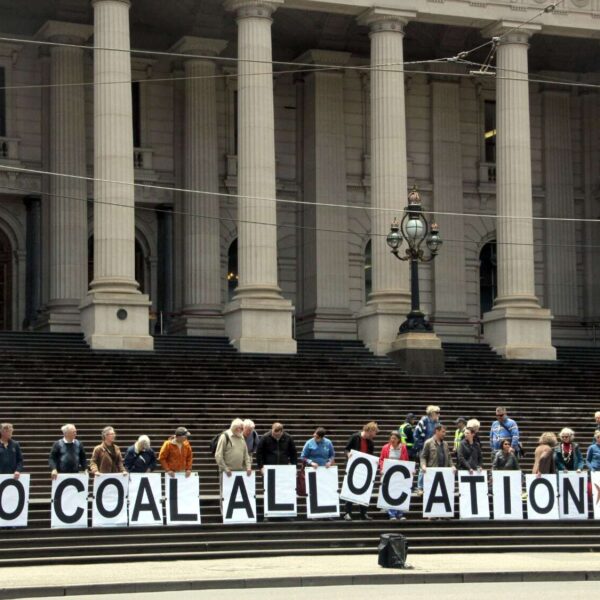
Australia: a project rejected on the grounds of fighting global warming
On 8 February 2019, an Australian court delivered a resounding ruling on climate litigation by rejecting a project for an open cut coal mine. Among the grounds for rejection were greenhouse gas emissions and their contribution to global warming.
The Rocky Hill project sought to open an open cut coal mine in the town of Gloucester. In an unprecedented manner, the court has given particular importance to the impacts of the project with regard to fighting global warming.
It must be recalled, in particular, that:
- Any greenhouse gas emission contributes to climate change. The judge stated that it makes no difference whether the emissions caused by the project represent a small fraction of the total emissions. He added that the overall problem of global warming needs to be tackled through numerous local actions. This is a great reference to the tale of the hummingbird.
- The emission of greenhouse gases caused by the project goes against the objectives set out in accordance with the Paris Agreement, to which the country has committed itself. The judge notably made reference to the objective of limiting temperature increase to a level between 1.5°C and 2°C. The fact that these objectives are not accompanied by specific requirements on how to achieve them is unlikely to alter the finding that implementing the project constitutes a hindrance to the rapid and significant reduction of greenhouse gas emissions.
The court relies on case law, notably the eminent Dutch case Urgenda, and insists on the fact that global warming is caused by the accumulation of greenhouse gas emissions from numerous individual sources that therefore need to be reduced.
This ruling is surprising at a time when Australia, the world's leading exporter of coal, is regularly singled out for its major contribution to greenhouse gas emissions and is proof that judges do not necessarily follow government policy.
Associated areas of specialisation: Environment